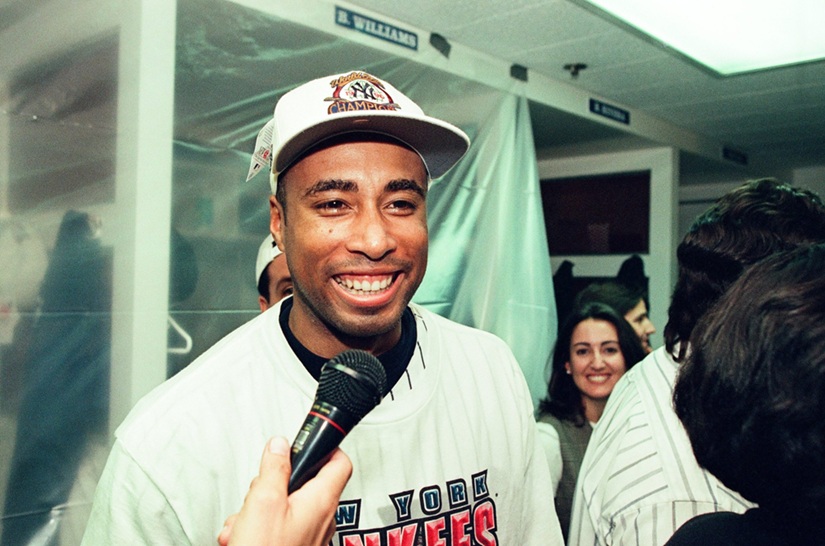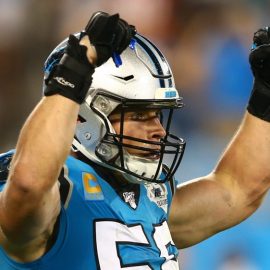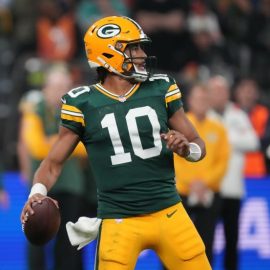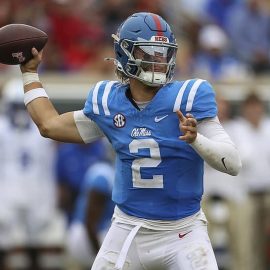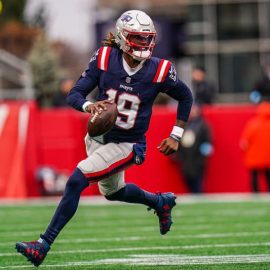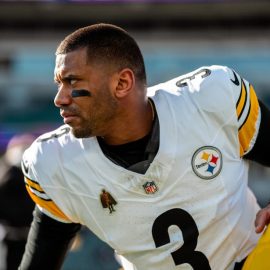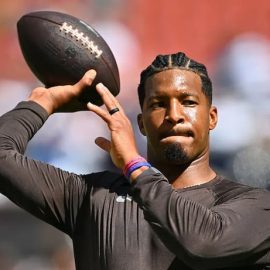Football is much more than just a sport. It is nothing without its history and traditions, its routine and habits, or its passion and drama. The sport establishes its roots over an area much wider than the field of play, an art form which – across much of the world at least – has spilled over to dominate mainstream culture.
One of the most intriguing aspects of the game is how it gives supporters a sense of tribal identity. That leads to a feeling of belonging and, in turn, of not belonging elsewhere. It creates rivalries, the very foundation of football’s excitement and ongoing vitality.
Some rivalries develop from controversy or from years of close competition. In the Premier League Manchester United and Arsenal have had an intense rivalry in recent years after competing for the title against one another on a regular basis. It was fueled, of course, by angry confrontations on the pitch and, most famously, in the tunnel. Lower down, eventful encounters between Bristol City and Crystal Palace have created a high-profile rivalry and an entertaining spat between Neil Warnock and Gary Johnson.
But most often, rivalry and hatred arise from little more than geography – and that’s where Major League Soccer will soon benefit.
In 2011, MLS expansion franchises will be born in Portland, Oregon, and Vancouver, British Columbia. Not only does this take the league to an impressive 18 teams (all being well elsewhere), it creates a pocket of clubs in the Pacific Northwest which has no shortage of history or rivalry. Seattle got a franchise in 2009 and it adopted a team name which dates back as far as the ultimately doomed North American Soccer League. It looks likely that 2011 will see similar adoptions in the region, with the Sounders being joined in MLS by Portland Timbers and Vancouver Whitecaps.
From a marketing point of view, nothing could be better for Major League Soccer. What’s more, these are – by American standards – soccer towns.
Seattle
In their first season, Seattle briefly threatened to take Major League Soccer by storm. Their performances have been respectable in 2009 including a fantastic start and enough points racked up to give Sigi Schmid’s side a reasonable chance of qualifying for the playoffs. Schmid has built a thrilling attacking force featuring former Arsenal midfielder Freddie Ljungberg, former Chicago and Houston striker Nate Jaqua, white-hot Colombian prospect Fredy Montero and former Arsenal youth player Steve Zakuani. When on song, the foursome make tantalising viewing.
The Sounders have been attracting attention off the pitch as well as on. The club, which boasts the fortunate boardroom combination of a representative from the club’s former USL-1 ownership, significant backing from Microsoft’s Paul Allen, and a celebrity figurehead in the shape of Drew Carey, embarked upon a clever marketing campaign before the start of the season which ensured the city was behind the club and Qwest Field became known for high attendances and being bathed in rave green.
It’s noisy too, and that just highlights the importance of MLS expansion into thriving football markets and maintain the traditions that have been established there. Names may sound trivial, but they are in fact crucial. Despite Major League Soccer’s unusual football model, fans will continue to follow a “new” club if it carries the moniker of the club it replaced. We’re creatures of habit and suckers for tradition.
The only thing missing from the Seattle tale – other than a trophy, of course – is a nice, juicy rivalry. But they’re on their way, and they do rivalries in style in the Pacific Northwest.
Portland
Philadelphia Union kick off in Major League Soccer in 2010, but MLS commissioner Don Garber confirmed earlier this year that 2011 will see the ascension of a franchise in Portland, Oregon and that it would carry the name Portland Timbers, tipping a hat to the tradition of a football club which played in NASL and currently competes in USL-1. Another tradition which will be carried over is the legacy of Timber Jim, the club’s lumberjack mascot who made his name by standing high above the fans with a chainsaw. He was named the club’s official mascot upon his retirement in 2008.
The story of Timber Jim is a fascinating one and this is the kind of history MLS can maintain if it remains honourable to existing clubs in its expansion towns. With Jim’s help, the Timbers Army (Portland’s main supporters’ group) has become one of the most fabled in American football. Known for its passion, noise and hatred of Seattle, the Timbers Army also has a penchant for the dramatic, as they showed when Portland met the Sounders in the US Open Cup earlier this season.
Defeat that evening did little to dampen the spirits of the Portland fans, whose cleverly choreographed demolition of the Space Needle impressed supporters all over MLS. Along with the TA’s rowdy performance it has football eagerly anticipating Portland’s MLS debut in 2011.
As will be the case with all future Major League Soccer expansion franchises, Portland has had to take into consideration stadium issues. Merritt Paulson has found what appears to be an acceptable solution, moving the Portland Beavers baseball team to a new stadium and renovating PGE Park in Portland for the Timbers and the Portland State University Vikings gridiron team. After its $31m renovation, PGE will hold between 22,000 and 23,000 fans.
Vancouver
Stadium news is also at the forefront of further expansion into Canada, where the Vancouver franchise – widely expected to take the name of the city’s USL and NASL teams: Vancouver Whitecaps. Owned by a four-man group featuring current Whitecaps FC owner Greg Kerfoot, Seagate top-dog Steve Luczo, Yahoo! veteran Jeff Mallett and Phoenix Suns point guard Steve Nash, Vancouver will also (in theory, at least) be playing in a newly-renovated stadium in 2011. The BC Place Stadium will be their home until at least 2015. The Whitecaps Waterfront Stadium remains in the pipeline.
The ‘current’ Whitecaps club was formed as the 86ers in 1986, reverting to the Whitecaps name later on. It has a string of honours to its name in both the CSL and USL and is also the home of youth, developmental and women’s teams. It might not sound much, but the existing Whitecaps club is an institution firmly rooted in its community. That’s one hell of a head start when one of the expansion club’s primary targets is engaging football supporters from the local area.
The Whitecaps’ rivalry with the Sounders came to an end when Seattle moved into MLS, and will be fascinating when renewed in 2011. With Portland thrown in for good measure, the atmosphere in the Pacific Northwest should be feisty. Furthermore, Vancouver’s new franchise will likely reignite a vocal (but friendly, one hopes) conflict with Major League Soccer’s existing Canadian outfit, Toronto FC.
The short-term future is looking bright.
With Seattle, Portland and Vancouver under its control, MLS will have three real soccer cities in the Pacific Northwest to its name come 2011. With that come hardcore supporters, who chant for their team and make a highly visual, noisy exhibition of themselves. Given the proximity and longevity of the three clubs, this will inevitably lead to a spicier MLS thanks to the already intense rivalries in place. In terms of passion, the existing geographical MLS rivalries (for example between Dallas and Houston in Texas, and the Galaxy and Chivas USA in Los Angeles) lack a certain something. The rivalries between the 2011 expansion clubs and Seattle have it in spades.
2011 will also be a good year for Major League Soccer in terms of sheer numbers. The two-team expansion will take the league to 18 clubs, arguably the optimum size for a first-class league. More importantly, fewer teams will qualify for the post-season playoffs than not. At present over half of the league enters into the post-season, a situation which makes a mockery of the playoffs in the league’s current state. With less than half qualifying in 2011 the league should gain an added competitive dimension.
Chris Nee writes at twofootedtackle and co-hosts The twofootedtackle Football Podcast.
Add Sportslens to your Google News Feed!
